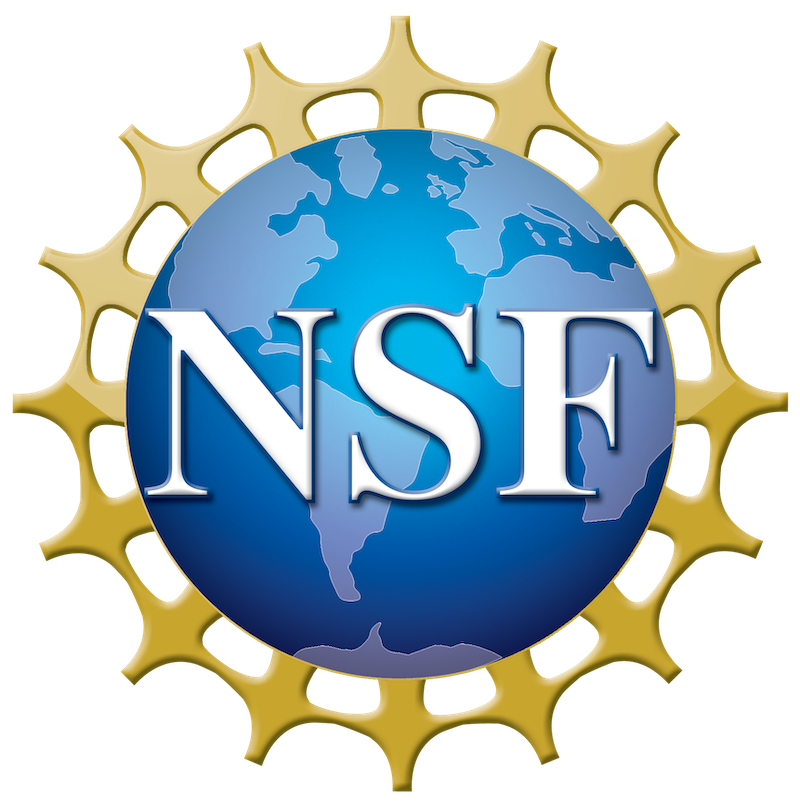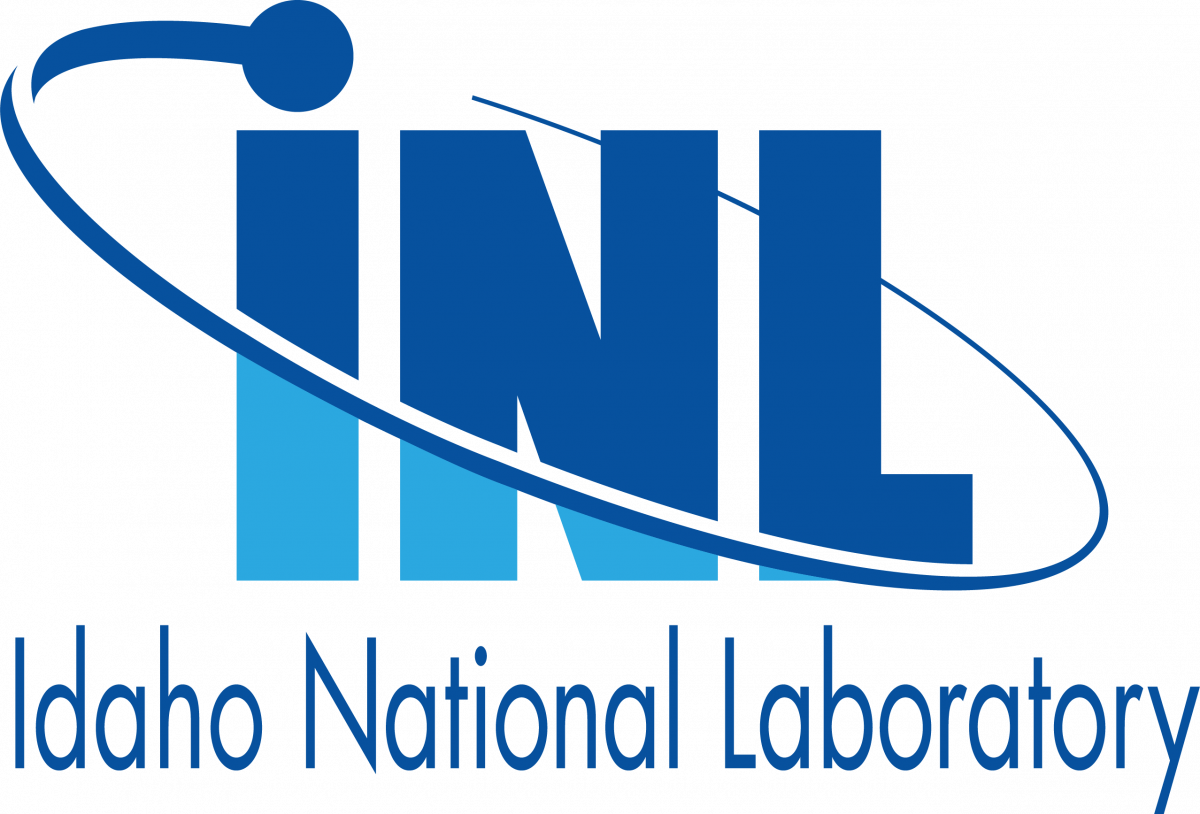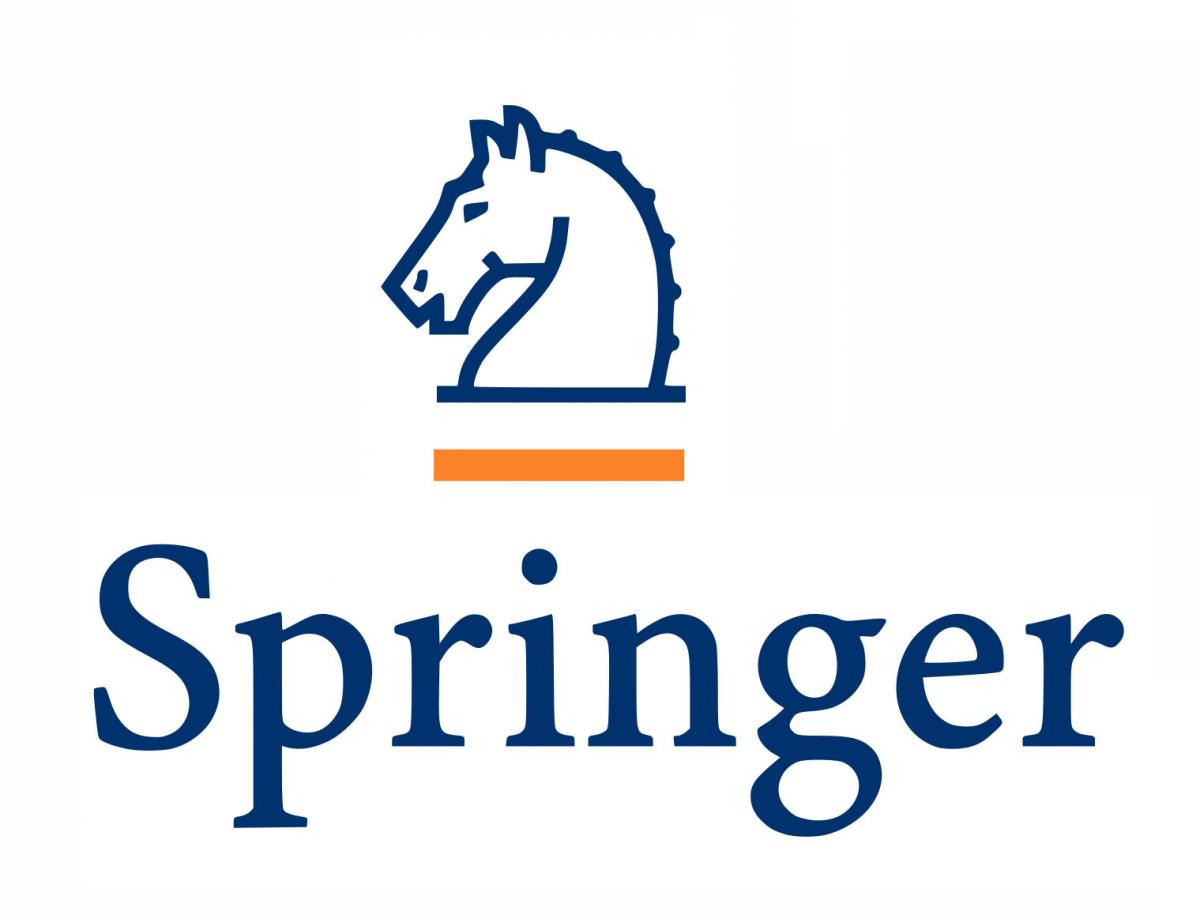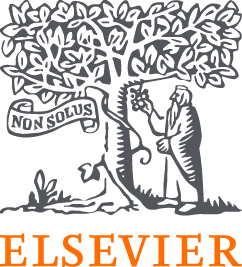Timothy Walsh, Sandia National Laboratories
Wilkins Aquino, Duke University
Volkan Akcelik, Sandia National Laboratories
Bojan Guzina, University of Minnesota Twin Cities
Inverse problems and Optimal Experimental Design (OED) are at the nexus of simulation and experimental science. OED (e.g. sensor placement optimization) is essential for experimentalists to gather data that is well-conditioned for the purpose of solving inverse problems for parameter estimation. Inverse problems, in turn, use that data for producing predictive models that are grounded with respect to experimental measurements.
In this mini-symposium we invite talks in the areas of computational methods for the numerical solution of inverse problems in computational mechanics, OED, novel optimization algorithms, and computational approaches within probabilistic formulations. Of particular interest are talks that focus on fundamental algorithmic advancements in the solution methodologies for inverse methods including
- Gradient-based optimization
- Stochastic inversion
- Multi-physics inverse problems
- Integration of inverse problems and OED
- Machine-learning
- Model reduction techniques for accelerating solution of inverse problems
- Applications across various disciplines such as damage detection, imaging problems (medical, seismic, etc.), materials characterization, and source localization, among others.











